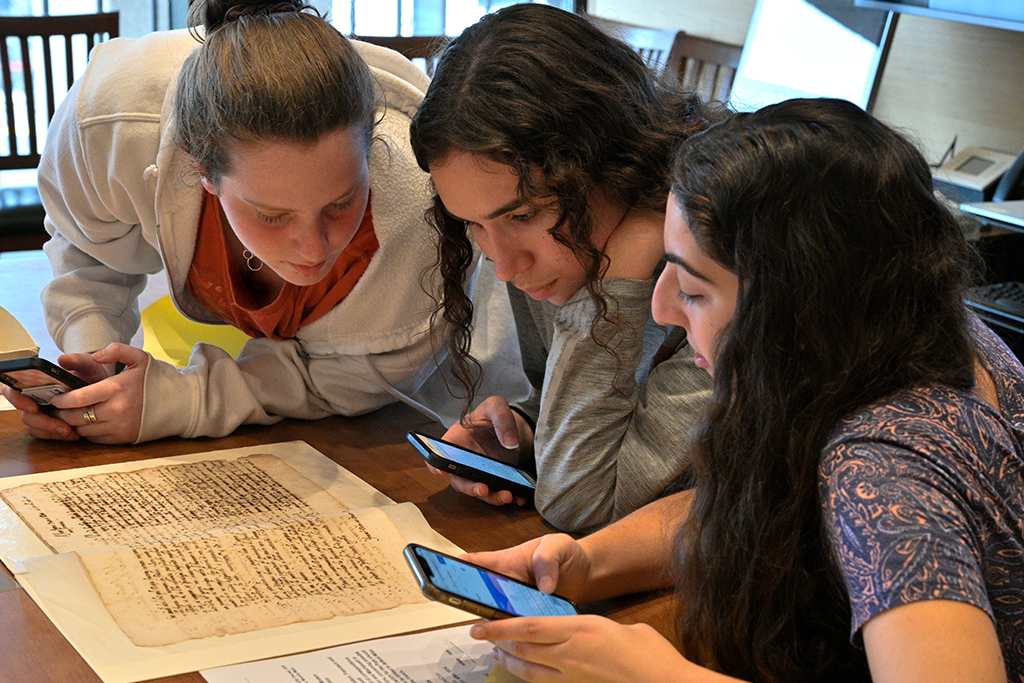U.S. History
The History of the United States 1492-1865 (Fall)
The History of the United States Since 1865 (Spring)
6 College Credits (3 per course) | UT Course Codes: HIS 315K, HIS 315L | TCCN Courses: HIST 1301, HIST 1302 | Core Code: 060
High School Course Prerequisites: English I and English II (or concurrent enrollment)

Take on the role of historian to discuss, analyze and reflect on the unique history of the United States of America.
In these two sequential courses, students explore the scope and depth of the American experience. The fall semester covers America’s colonial beginnings through the Civil War. The spring semester explores 1865 through the beginning of the 21st century.
Working with primary source evidence to draw their own conclusions, students construct historical arguments, analysis and interpretations of the past — and have an opportunity to discover their own passions about history.
Course Structure
Through Team-Based Learning, Socratic Questioning and Flipped Learning, students engage with course material independently and collaboratively. Each unit consists of primary and secondary sources that challenge students to uncover the complexities within historical study.
Big Ideas
- American identities
- Labor and technology
- Reform and renewal
- Self and society
- America and the world
What Students Gain
- Critical thinking skills
- Analysis of evidence-based historical narratives
- Archival research experience

What Students Say
“This course has a different perspective than any previous history class I have taken. Rather than focusing on dates and what happened, we explored why events happened and the result.”
